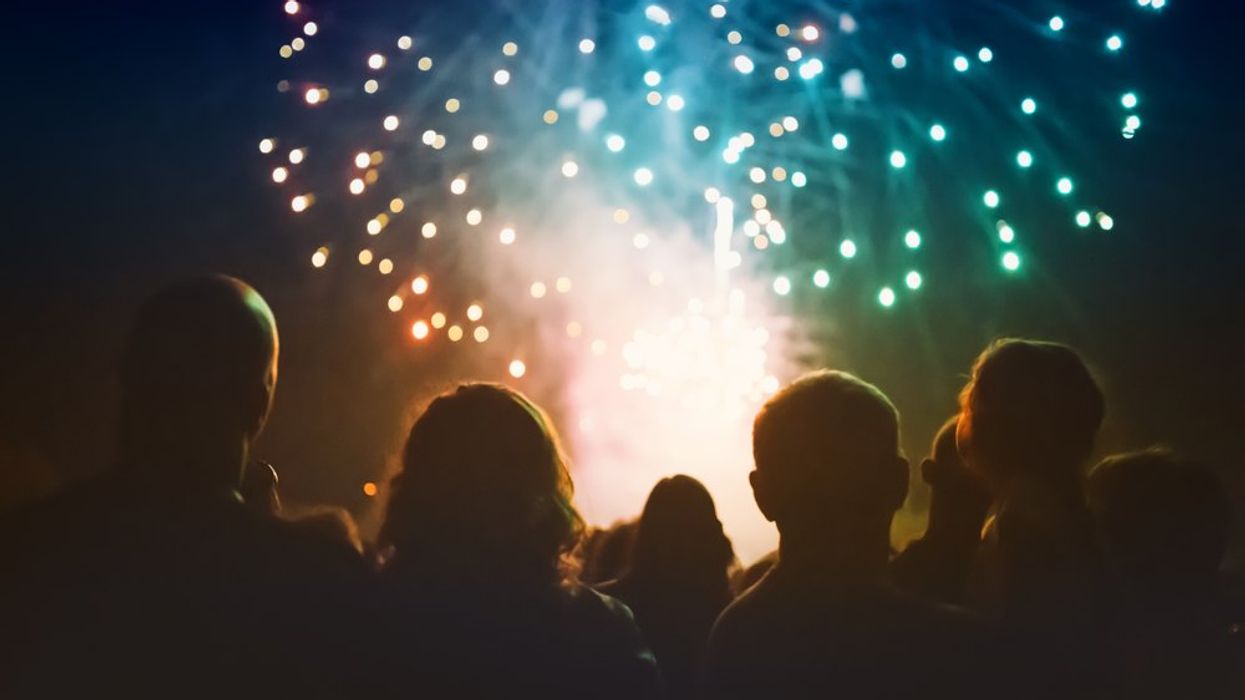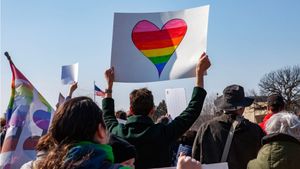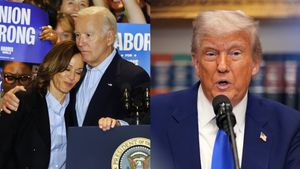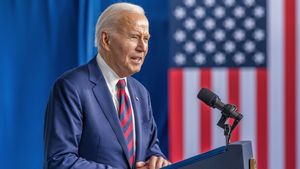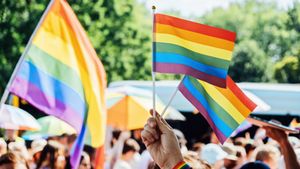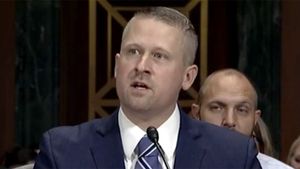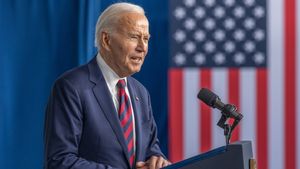This July, environmental health experts warn Americans that fireworks on the 4th will exacerbate the effects of wildfire pollution on air quality.
Research shows that 4th of July fireworks and wildfires have an alarming trait in common: they both produce a concentration of carcinogens called polycyclic aromatic hydrocarbons (PAHs). Fireworks also elevate atmospheric concentrations of fine particulate matter, especially on July 4th and 5th.
“It is particularly important to be aware of potential air quality impacts from fireworks when there may already be high levels of pollution in the air, including pollution from wildfires,” Environmental Protection Agency spokesperson Melissa Sullivan told The Washington post.
Fireworks can lead to dangerous accidents, especially when used carelessly. Last year, the Consumer Product Safety Commission reported that around 10,200 people in the U.S. were treated in the ER for fireworks injuries, a quarter of whom were children. And in addition to the expected amounts of smoke, accidents with fireworks are well known to cause full-on fires. The National Fire Protection Association estimated that fireworks caused 12,264 fires in 2021.
There's also overwhelming evidence that fireworks negatively affect ecosystems. A recent study published by CSIRO explains that the ecological impact may go beyond short term disturbances; the timing of large-scale events can coincide with migratory and reproductive behavior of animals, potentially affecting population growth. Additionally, firework residues are chemical pollutants that can significantly alter soil, water, and air.
Environmental health scientist Jun Wu and her colleagues at University of California, Irvine conducted a study on the impact of 4th of July fireworks in 2021. They found elevated concentrations of pollution in communities that didn't have restrictions on fireworks, suggesting that public policy plays an important role in mitigating exposure to pollution.
As of now, state laws and requirements for consumer fireworks greatly vary. Texas permits most consumer fireworks, while states like New York and Massachusetts heavily restrict or completely ban the use of fireworks.
The majority of pollution doesn't come from public displays as much as people's backyards and streets.
“I think people need to be aware that there’s a cost associated with firework burning, not just money, but also the health-related costs and the cost to the environment," Wu said.
